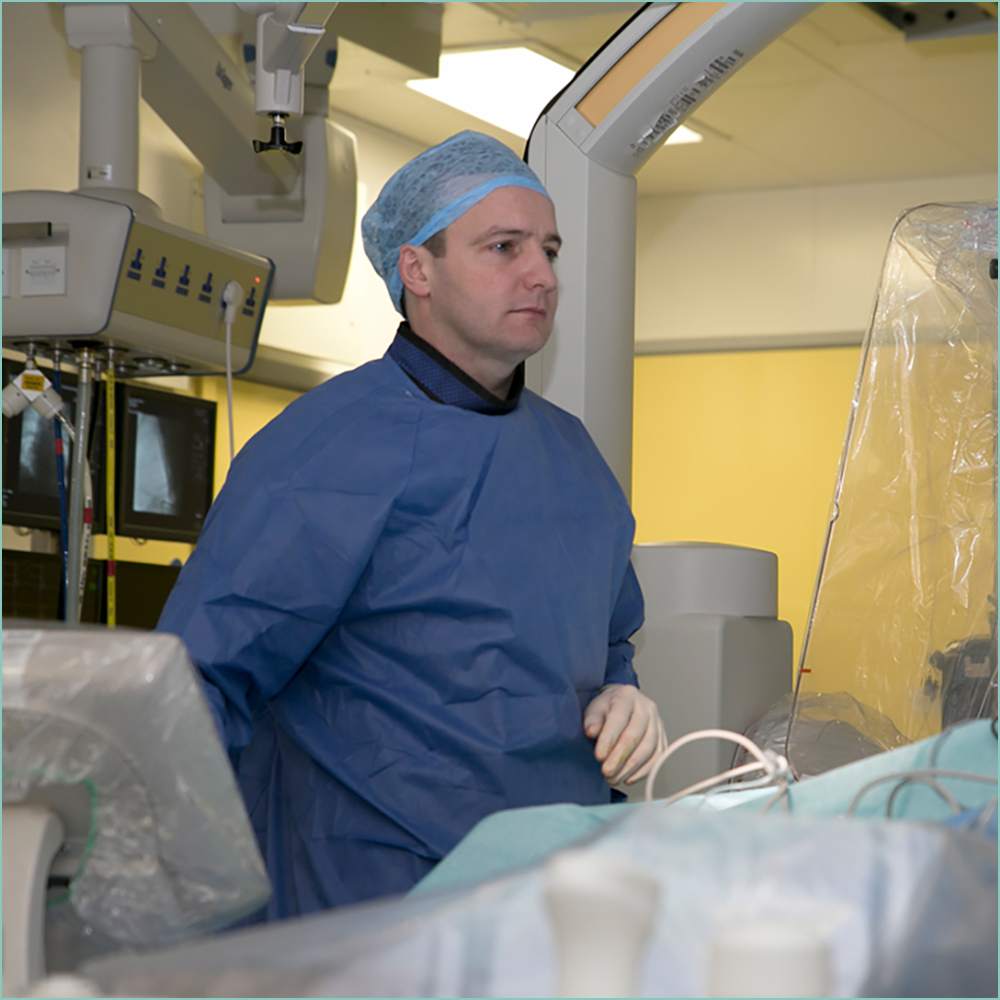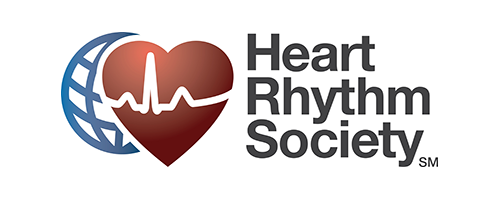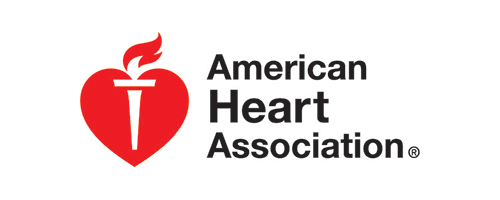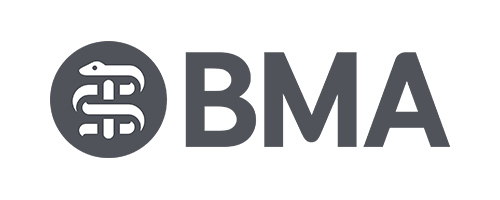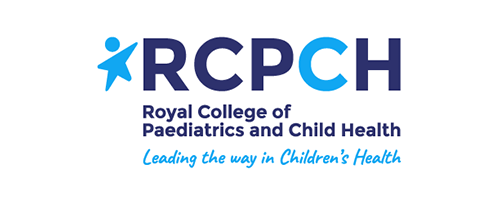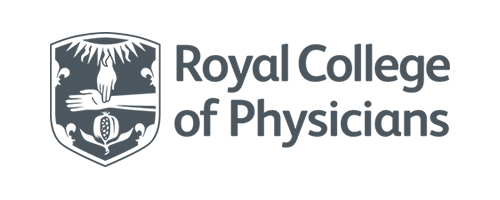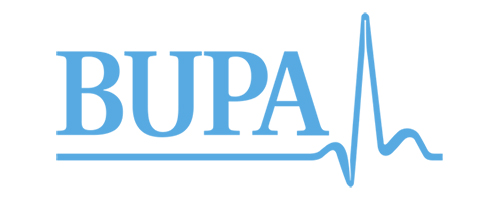CARDIOLOGICAL TREATMENTS
Professor Walsh offers state of the art treatments in sports cardiology, electrophysiology and the diagnosis and treatments of inherited cardiac conditions.
The information outlined below on common cardiological treatments is provided as a guide only and it is not intended to be comprehensive.
Discussion with Professor Walsh is important to answer any questions that you may have. For information about any additional conditions and treatments not featured within the site, please contact us for more information.
CLICK HERE FOR A FULL BREAKDOWN OF THE CONDITION AND THE TREATMENT PROVIDED BY DR WALSH
CLICK HERE FOR A FULL BREAKDOWN OF THE CATHETER ABLATION PROCEDURE.
CLICK HERE FOR A FULL BREAKDOWN OF THE CONDITION AND THE TREATMENT PROVIDED BY DR WALSH
CLICK HERE FOR A FULL BREAKDOWN OF THE CONDITION AND THE TREATMENT PROVIDED BY DR WALSH
OTHER TREATMENTS BY PROFESSOR WALSH
The information outlined below on other common cardiological treatments is provided as a guide only and it is not intended to be comprehensive. For information about any additional conditions and treatments not featured within the site, please contact us for more information.
An echocardiogram is a test that uses sound waves (ultrasound) to create images of the heart. A Doppler test uses sound waves to measure the speed and direction of blood flow. By combining these tests, a pediatric cardiologist gets useful information about the heart’s anatomy and function. Echocardiography is the most common test used in patients to diagnose or rule out heart disease and also to follow patients who have already been diagnosed with a heart problem. This test can be performed on patients of all ages and sizes including children and newborns.
Echocardiography diagnoses cardiac problems, and also guides heart surgery and complex cardiac catheterizations. Our digital echocardiography laboratory makes it seamless for physicians throughout the region, country, and world to instantly send cardiologists echocardiograms for review 24/7 from any computer.
An electrocardiogram (ECG) is a simple test that can be used to check your heart’s rhythm and electrical activity.
Sensors attached to the skin are used to detect the electrical signals produced by your heart each time it beats. These signals are recorded by a machine and are looked at by a doctor to see if they’re unusual.
An ECG may be requested by a heart specialist (cardiologist) or any doctor who thinks you might have a problem with your heart, including your GP.
The test will usually be carried out at a hospital or clinic by a trained specialist called a cardiac physiologist, although it can sometimes be done at your GP surgery. Despite having a similar name, an ECG isn’t the same as an echocardiogram, which is a scan of the heart.
This test monitors your heart rhythm over 24, 48 or 72 hours, or five or seven days. The monitor is about the size of a mobile phone and you will need to wear it around your waist or carry it in your pocket. You do not need to stay in hospital and you can continue with your normal daily activities during the test.
When you return the monitor to the hospital, a cardiac physiologist will analyse the data and produce a report for your doctor.
The test will provide your doctor with much more information about your heart rhythm on which to base any medical decisions about your health.
Your doctor, will listen to the patient’s heart to rule out any possible underlying heart conditions. If signs indicating a heart problem are detected, the GP may refer the patient to a specialist (cardiologist). Heart pain followed by fainting is a sign that help should be sought.
ECG (electrocardiogram) – the doctor may order an ECG to check for the electrical activity of the heart. Electrodes are attached to the patient’s skin to measure electrical impulses given off by the heart. The impulses are recorded as waves and displayed on a screen (or printed). An irregularity of heart action is generally obvious right away.
Carotid sinus – the doctor may massage the carotid sinus to determine whether this triggers symptoms of lightheadedness or dizziness.
Blood tests – these may be ordered to check for anemia, diabetes or an infection. Tilt-table test – this test monitors the patient’s blood pressure, heart rhythm and heart rate while he/she is moved from a lying down to an upright position. A healthy patient’s reflexes cause the heart rate and blood pressure to change when moved to an upright position – this is to make sure the brain gets an adequate supply of blood. If the reflexes are inadequate, they could explain the fainting spell(s).
Holter monitor test – the patient wears a portable device which records all his/her heartbeats. It is worn under the clothing and records information about the electrical activity of the heart while the individual goes about his/her normal activities for one or two days. It has a button which can be pressed if specific symptoms are felt – then the doctor can see what heart rhythms were present at that moment.
If none of these tests reveal anything the doctor will probably conclude that the patient had neurocardiogenic syncope, and leave it at that (no treatment).
Inherited cardiac conditions are a group of genetic disorders that can affect the heart muscle and the heart rhythm.
Inherited heart muscle conditions
Examples of inherited heart muscle conditions are:
- hypertrophic cardiomyopathy
- dilated cardiomyopathy
- arrhythmogenic right ventricular cardiomyopathy
- left ventricular non-compaction cardiomyopathy.
These conditions can lead to varying degrees of heart failure.
Inherited heart rhythm conditions
Inherited heart rhythm conditions can cause problems with the heart rate and rhythm and include:
- long QT syndrome
- brugada syndrome
- sudden arrhythmic death syndrome
- catecholaminergic polymorphic ventricular tachycardia.
It is important to have specialist input for the diagnosis of these conditions and the screening of family members because of the complex clinical and psychosocial issues involved.
Sudden death in young adults and athletes is usually caused by ventricular fibrillation, a chaotic heart rhythm disturbance that causes the heart to stop pumping, known as a cardiac arrest.
This condition is fatal unless cardiopulmonary resuscitation (CPR) – rescue breaths and chest compressions which help to keep the circulation going – is applied to the person straight away.
There are several conditions that can cause sudden death in young athletes – with hypertrophic cardiomyopathy being the most common condition. However, there are a number of even more rare genetic conditions that predispose an individual to ventricular fibrillation.
While sudden death in athletes is rare, it is two to four times more common in athletes than in non-athletes, between 1 in 50,000 and 1 in 100,000 athletes die due to the condition each year.
High profile cases where athletes have suffered cardiac arrests, such as Fabrice Muamba in 2012, have often led to calls that all athletes should be regularly screened to detect anomalies in the heart that could trigger a cardiac arrest in the future.
Discussion with Professor Walsh is important to answer any questions that you may have. For information about any additional symptoms you may be suffering from that are not featured within the site, please contact us for more information.

